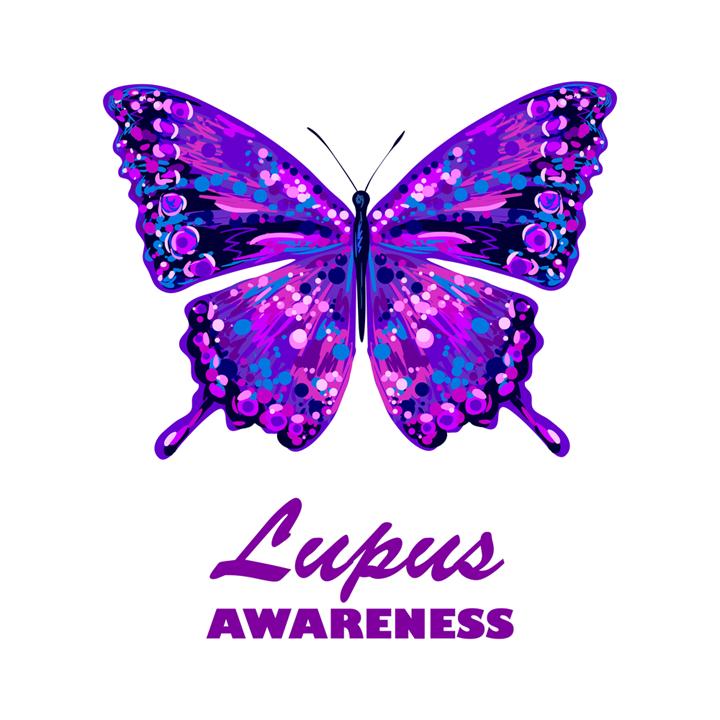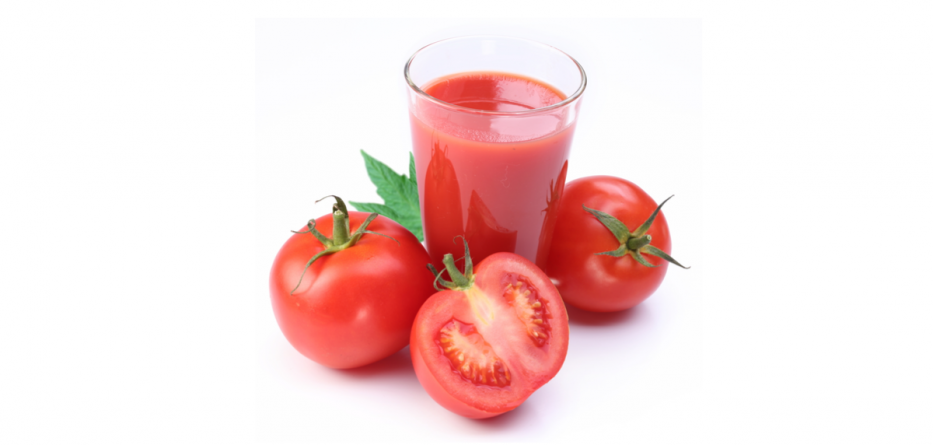Diabetes is a chronic disease that occurs when the body doesn’t produce any or enough , leading to an excess of sugar in the blood and high blood sugar levels over a prolonged period. Symptoms of high blood sugar include frequent urination, increased thirst, and increased hunger. If left untreated, diabetes can cause many complications. Acute complications can include diabetic ketoacidosis, hyperglycemic state or even death. Serious long-term complications include cardiovascular disease, stroke, chronic kidney disease, foot ulcers and damage to the eyes. Medically speaking, there is no cure for diabetes but it can go into “remission.” Diabetes in remission simply means the body does not show any signs of diabetes. However, the disease is technically still there. What are the effective treatments that can let diabetes go into “remission”? Keep reading to find out.
Types of Diabetes
To learn the diabetes treatments, we need to learn the types of diabetes first. There are three main types of diabetes.
1) Type 1 diabetes used to be called juvenile-onset diabetes. About 10 per cent of people with diabetes have type 1 diabetes. It occurs when the immune system mistakenly attacks and kills the beta cells of the pancreas. No, or very little, is released into the body. As a result, sugar builds up in the blood instead of being used as energy. It may affect people of any age but usually develops in children or young adults.
2) Type 2 diabetes used to be called non- dependent diabetes or adult-onset diabetes. About 90 per cent of people with diabetes have type 2 diabetes. In this type, the body doesn’t make enough or doesn’t use it properly. Initially, the pancreas may make extra , but over time it can’t make enough to keep up. Without to bring glucose to the cells for energy, too much glucose can build up in the blood, which can starve the cells of energy and result in a number of problems over time.
3) Gestational diabetes which is a temporary condition that occurs during pregnancy. Between 3 to 20 per cent of pregnant women develop gestational diabetes, depending on their risk factors. Having gestational diabetes may increase the risk of developing diabetes for both mother and child.
Treatments of Diabetes
1, Type 1 diabetes Treatments
1) pumps
Using an pump can be a good alternative to injecting with an pen. It can give you more flexibility when managing your diabetes. But you have to meet nice guidelines to use an pump.
2) Incretin mimetics
This type of medication works by increasing the levels of hormones called incretins wich help the body produce more only when needed and reduce the amount of glucose being produced by the liver when it’s not needed. You inject incretin mimetics yourself, and how often and your dose will be decided between you and your healthcare professional.
3) Islet cell transplant
If you have Type 1 diabetes, you may be able to get an islet cell transplant. This could stop you experiencing severe hypos.
Type 2 diabetestreatments
1) Diet:
Control of blood glucose levels is only one goal of a healthy eating plan. A diabetic diet helps achieve and maintain a normal body weight, while preventing the common cardiac and vascular complications of diabetes. A healthy diet for you with type 2 diabetes includes fresh fruits and vegetables such as tomatoes, bananas, lemons, guava, cucumbers etc. It also includes whole grains, beans, lean meats, and low-fat or fat-free dairy. Focus on eating fruit and non-starchy vegetables, like broccoli, carrots, and lettuce, and having smaller portions of starchy foods, meats, and dairy products. Be especially careful about loading up on foods that are high on the glycemic index and especially the glycemic load.
2) Exercises:
Physical activity is vital for using up spare glucose in your body and making the muscles more sensitive to . Aerobic exercise can support weight management, reduce blood glucose, and improve use in the body. These exercises include:brisk walks, long hikes, cycling, dance, swimming, racquet sports, climbing the stairs, rowing and gardening.
3)Medications:
The most common medications for type 2 diabetes is metformin, but there are lots of different types. Some medication stimulates the pancreas to produce , such as sulphonylureas. Others may be prescribed to help you lose weight if you need to.
4) Weight loss surgery
There are lots of obesity surgery procedures to the stomach or intestine that you can get to help you lose weight. There have been lots of studies that have found that this can help to put Type 2 diabetes into remission.



